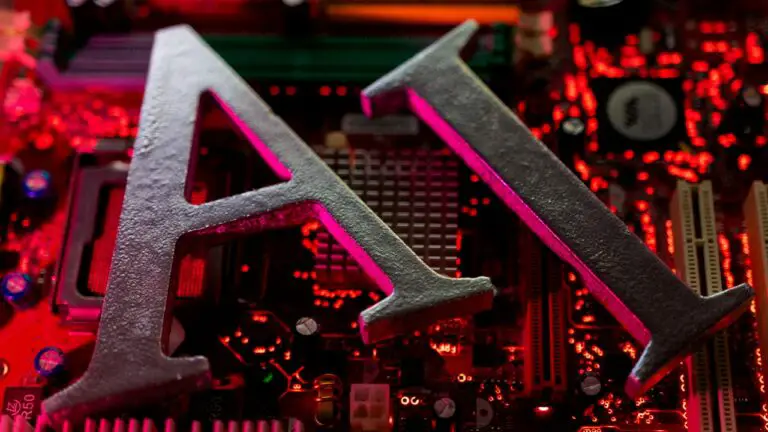AI ETF Investments See a Dip Amid Rising Interest Rates
Investor enthusiasm for exchange-traded funds (ETFs) focusing on artificial intelligence (AI) companies has waned in recent months due to concerns about persistently high U.S. interest rates potentially affecting company valuations.
In September, the Global X Robotics & Artificial Intelligence ETF saw a net inflow of $1.8 million, rebounding from sharp outflows in the previous month. In contrast, the smaller ROBO Global Robotics & Automation Index ETF experienced outflows of $14.3 million.
Just a few months ago, both funds enjoyed their highest monthly net inflows for 2023, with $265.5 million and $29.74 million for the Global X and ROBO Global ETFs, respectively, according to Lipper data.
Throughout the year, AI and robotics-focused ETFs had a strong start, attracting over $1.9 billion in investments during the first three quarters. This was notably linked to the release of Chat GPT-4, an AI language model.
However, AI stocks, like many others in the market, have recently faced challenges due to high Treasury yields, which have dampened investors’ willingness to take risks.
“The inflows slowed down in September because the market is concerned that interest rates might stay high for a longer time, which could impact tech companies with cash flows projected further into the future,” explained Aniket Ullal, ETF data and analytics head at CFRA Research.
Retail investors have also cooled their interest in the sector as the initial excitement surrounding AI has faded. In September, the net monthly retail flows into AI-related stocks reached their lowest point since April, totaling $1.96 billion, according to Vanda Research.
Despite these developments, the Global X Robotics & Artificial Intelligence ETF remains up 21% for the year, largely due to the remarkable performance of megacap chipmaker Nvidia, whose stock price has surged over 200% year-to-date.
Investors maintain their optimism about the long-term potential of the AI sector, and experts like Mark Haefele, chief investment officer at UBS Global Wealth Management, suggest that the current negative sentiment could reverse in the fourth quarter. This may happen, especially if large-cap tech stocks, such as Nvidia, continue to exhibit robust earnings growth, as noted by CFRA’s Aniket Ullal.

